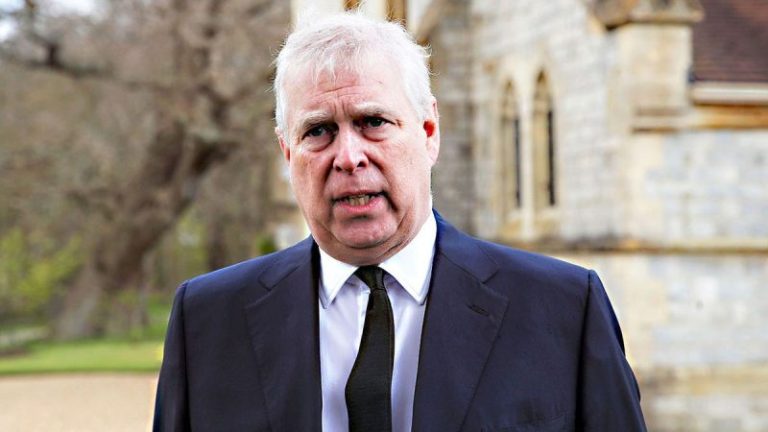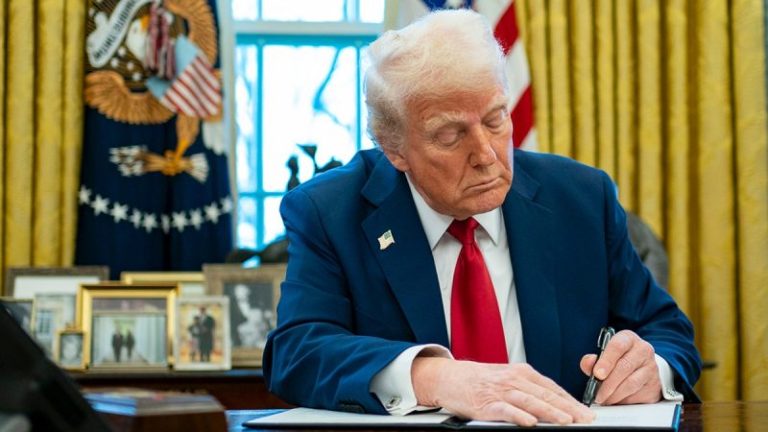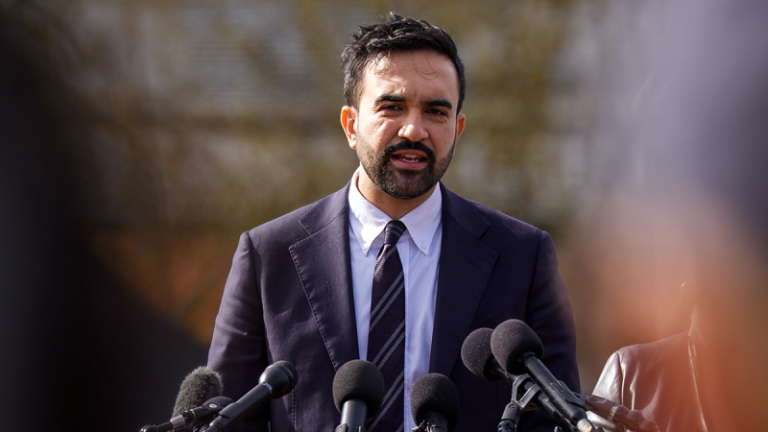Homerun Resources Inc. (TSXV: HMR,OTC:HMRFF) (OTCQB: HMRFF) (‘Homerun’ or the ‘Company’) is pleased to announce that it has received TSXV conditional approval for its previously announced financing, originally announced on June 16, 2025, with an arm’s length institutional investor, Sorbie Bornholm LP (the ‘Investor’) in connection with a proposed financing for CDN$6,000,000.00 (the ‘Offering’) at a price of $1.00 per unit (‘Unit’).
The Offering will consist of the issuance of 6,000,000 Units. Each Unit shall be comprised of one (1) common share (‘Shares‘) of the Company and one (1) common share purchase warrant (‘Warrants‘). The proceeds from the Offering will be used to advance the Company’s vertically integrated silica to solar and energy storage business, supporting business development and scaling of revenues and for general working capital purposes.
Brian Leeners, CEO of Homerun stated, ‘We are thrilled to welcome this particular Institutional Investor as they have chosen Homerun to be their inaugural investment with a company trading on the TSX Venture Exchange. Their innovative investment model provides capital over 24 months keeping our team focused on the execution of our plans and deliverables. We have confidence that this financing based on its unique model, will provide capital premiums to the original financing amount over that 24-month period as we continue to de-risk our business and transition into a high-growth, revenue-generating Company with exceptional long-term potential.’
Sorbie Bornholm Managing Director Whitney Kofford commented, ‘Sorbie is proud to announce this new investment in Homerun Resources and to provide Homerun with flexible, growth-linked capital over the next two years through our unique Sharing Agreement. The global energy transition requires bold thinking and the ability to execute on transformative ideas. Homerun’s integrated strategy for high-purity silica and advanced energy solutions is a prime example of just that – innovation meeting opportunity. We applaud Homerun’s consistent track record of hard work and determination, and we look forward to supporting the Company over the longer-term throughout their growth trajectory.’
Pursuant to the terms and conditions of a Sharing Agreement between the parties, the following structure and sequence will take effect under the Offering:
- The Investor will deposit CDN$6,000,000 into a third-party escrow account.
- The Company will issue the 6,000,000 Shares into escrow and the Warrants will be issued to Sorbie on each monthly settlement date.
- Over a 24-month period, the cash and Shares will be released monthly based on the Company’s market price at each release date.
- The Investor will immediately receive upon closing 1,500,000 Warrants exercisable at CDN$1.18 for three (3) years.
- The Investor will also receive up to 4,500,000 additional Warrants, issued monthly over 24 months, priced at a 20% premium to the 5-day VWAP at the time of each issuance and exercisable for three (3) years from issuance.
- The Company will pay the Investor a corporate finance fee of 360,000 Shares and a due-diligence deposit of 100,000 Shares, both subject to the same escrow and release schedule.
- The Warrants will also include an equity blocker provision that prohibits the Investor from exercising any portion of the Warrants if such exercise would result in the holder owning more than 9.99% of the Company’s outstanding Shares.
The Company intends to rely on the listed issuer financing exemption under Part 5A of National Instrument 45-106 – Prospectus Exemptions, as amended by Coordinated Blanket Order 45-935 – Exemptions from Certain Conditions of the Listed Issuer Financing Exemption, for the Offering, and the Shares and Warrants will not be subject to restrictions on resale. There will be an offering document related to the Offering that will be available under the Company’s profile at www.sedarplus.ca and at www.homerunresources.com. Prospective investors should read this offering document before making an investment decision. Closing of the Offering is subject to several conditions, including receipt of all necessary corporate and regulatory approvals, including the TSXV.
The Offering is expected to close on or about November 30, 2025, or such other date as the Company may determine, and is subject to certain conditions including, but not limited to, the receipt of all necessary regulatory and other approvals, including the final approval of the TSX Venture Exchange. There are no finder’s fees payable to any parties under the Offering.
About Homerun (www.homerunresources.com)
Homerun is building the silica-powered backbone of the energy transition across four focused verticals: Silica, Solar, Energy Storage, and Energy Solutions. Anchored by a unique high-purity low-iron silica resource in Bahia, Brazil, Homerun transforms raw silica into essential products and technologies that accelerate clean power adoption and deliver durable shareholder value.
- Silica: Secure supply and processing of high-purity low-iron silica for mission-critical applications, enabling premium solar glass and advanced energy materials.
- Solar: Development of Latin America’s first dedicated 1,000 tonne per day high-efficiency solar glass plant and the commercialization of antimony-free solar glass designed for next-generation photovoltaic performance.
- Energy Storage: Advancement of long-duration, silica-based thermal storage systems and related technologies to decarbonize industrial heat and unlock grid flexibility.
- Energy Solutions: AI-enabled energy management, control systems, and turnkey electrification solutions that reduce costs and optimize renewable generation for commercial and industrial customers.
With disciplined execution, strategic partnerships, and an unwavering commitment to best-in-class ESG practices, Homerun is focused on converting milestones into markets-creating a scalable, vertically integrated platform for clean energy manufacturing in the Americas.
On behalf of the Board of Directors of Homerun Resources Inc.:
‘Brian Leeners’
Brian Leeners, CEO & Director
brianleeners@gmail.com / +1 604-862-4184 (WhatsApp)
Tyler Muir, Investor Relations
info@homerunresources.com / +1 306-690-8886 (WhatsApp)
FOR THE ADEQUACY OR ACCURACY OF THIS RELEASE
The information contained herein contains ‘forward-looking statements’ within the meaning of applicable securities legislation. Forward-looking statements relate to information that is based on assumptions of management, forecasts of future results, and estimates of amounts not yet determinable. Any statements that express predictions, expectations, beliefs, plans, projections, objectives, assumptions or future events or performance are not statements of historical fact and may be ‘forward-looking statements’.
Neither the TSX Venture Exchange nor its Regulation Services Provider (as that term is defined in policies of the TSX Venture Exchange) accepts responsibility for the adequacy or accuracy of this release.
This news release does not constitute an offer to sell or a solicitation of an offer to buy any securities in the United States. The securities have not been and will not be registered under the United States Securities Act of 1933, as amended (the ‘U.S. Securities Act’) or any state securities laws and may not be offered or sold within the United States or to U.S. Persons unless registered under the U.S. Securities Act and applicable state securities laws or an exemption from such registration is available.
To view the source version of this press release, please visit https://www.newsfilecorp.com/release/275995
News Provided by Newsfile via QuoteMedia










